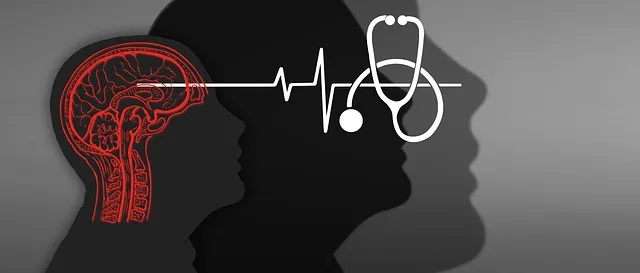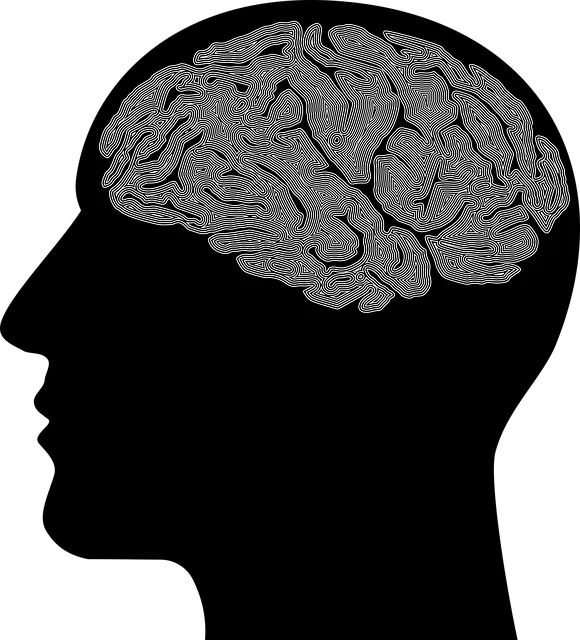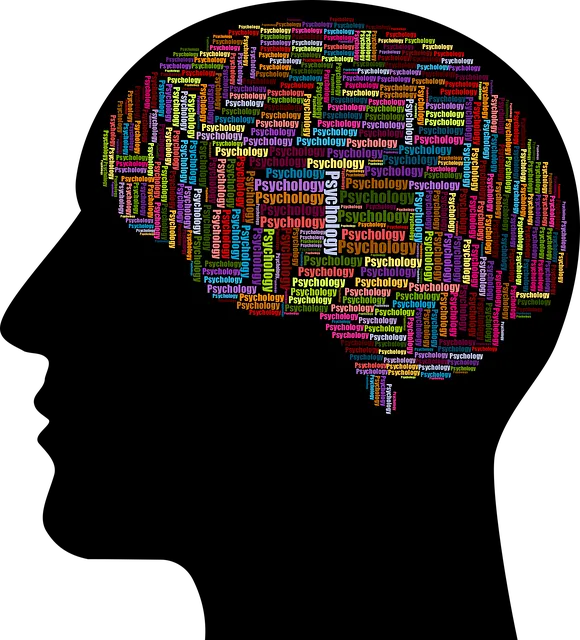The Westminster Kaiser Permanente mental health center has embraced cutting-edge assessment tools for more accurate diagnoses and improved patient outcomes. Utilizing advanced technologies like AI algorithms, digital platforms with validated questionnaires, and neuroimaging, the center enhances detection of conditions like depression, stress, and trauma. These innovations, combined with evidence-based practices, enable personalized treatment plans tailored to individual psychological needs, fostering resilience and reducing comorbidities within a holistic care framework.
At Westminster Kaiser Permanente, dedicated efforts are underway to enhance mental illness diagnosis accuracy, ensuring patients receive timely, effective treatment. This article explores innovative strategies employed at the leading mental health center. We delve into the implementation of advanced assessment tools, such as AI algorithms and digital platforms, which significantly impact diagnostic reliability. Additionally, we highlight the critical role of continuous training for healthcare professionals and patient-centered approaches fostering open communication, ultimately refining the diagnosis process at Westminster Kaiser Permanente by owner.
- Utilizing Advanced Assessment Tools at Westminster Kaiser Permanente
- – Discussion on implementing cutting-edge diagnostic technologies and their impact on accuracy.
- – Examples of tools: AI algorithms, digital assessment platforms, and advanced psychological testing.
Utilizing Advanced Assessment Tools at Westminster Kaiser Permanente

Westminster Kaiser Permanente mental health center by owner has taken a significant step forward in enhancing diagnosis accuracy with the implementation of advanced assessment tools. These innovative methods go beyond traditional techniques, incorporating cutting-edge technology and evidence-based practices to provide more precise evaluations. By integrating these tools, the center aims to improve patient outcomes and personalize treatment plans for individuals struggling with mental health issues such as depression prevention, stress reduction methods, and trauma support services.
The advanced assessment tools are meticulously designed to capture nuanced aspects of a patient’s psychological state, ensuring that diagnostic decisions are based on comprehensive data. This includes the use of standardized assessments, validated questionnaires, and digital platforms that facilitate detailed analysis. Through these means, mental health professionals at Westminster Kaiser Permanente can make more informed judgments, leading to timely interventions and tailored care for each unique patient.
– Discussion on implementing cutting-edge diagnostic technologies and their impact on accuracy.
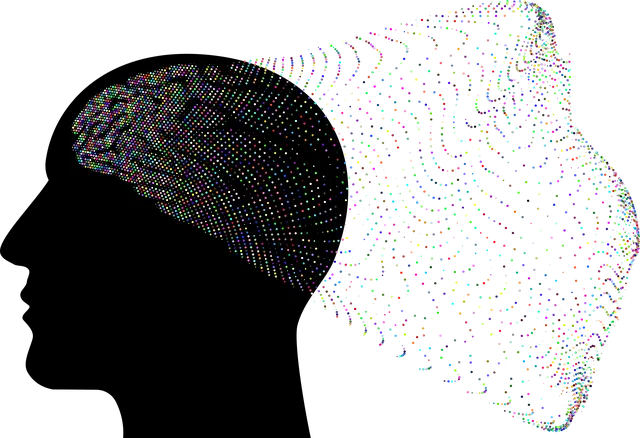
The integration of cutting-edge diagnostic technologies at mental health centers like the Westminster Kaiser Permanente is revolutionizing the way professionals approach mental illness diagnosis. Tools such as advanced neuroimaging, machine learning algorithms, and digital assessment platforms are significantly enhancing accuracy rates. For instance, functional magnetic resonance imaging (fMRI) can detect subtle brain activity patterns indicative of specific disorders, providing a more precise method for identifying conditions that may have previously been misdiagnosed or undiscovered.
This technological evolution builds upon the foundation of established practices like self-care routine development for better mental health and burnout prevention programs. By combining these initiatives with innovative diagnostic methods, centers like Westminster Kaiser Permanente can offer holistic care tailored to individual needs. Stress management workshops organization within these facilities further contributes to improved patient outcomes by equipping individuals with effective stress reduction techniques, fostering resilience, and potentially reducing the risk of exacerbating symptoms or developing comorbidities.
– Examples of tools: AI algorithms, digital assessment platforms, and advanced psychological testing.
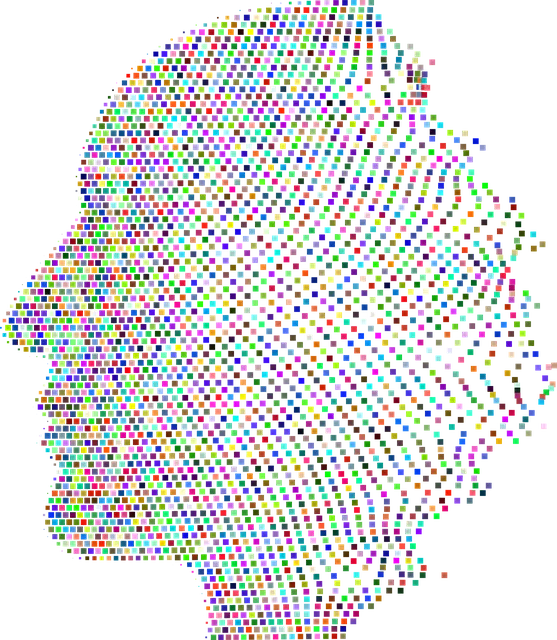
At the forefront of enhancing mental illness diagnosis accuracy are innovative tools developed by industry leaders like the Westminster Kaiser Permanente mental health center by owner. Among these, Artificial Intelligence (AI) algorithms stand out for their ability to analyze vast datasets and identify complex patterns indicative of various mental health conditions. These algorithms learn from extensive clinical data, including patient histories, symptoms, and treatment outcomes, to assist healthcare professionals in making more precise diagnoses.
Additionally, digital assessment platforms powered by advancements in technology offer a comprehensive suite of tools designed to evaluate mental wellness. These platforms often incorporate sophisticated psychological testing methods that go beyond traditional questionnaires. Features like interactive assessments, automated scoring systems, and detailed analytics provide practitioners with in-depth insights into patients’ mental states. The Mind Over Matter Principles, coupled with effective Communication Strategies, are increasingly integrated into these digital tools, ensuring a holistic approach to mental health evaluation and ultimately improving diagnostic accuracy through the Mental Wellness Journaling Exercise Guidance.
The efforts to enhance mental illness diagnosis accuracy at Westminster Kaiser Permanente mental health center, driven by the implementation of advanced tools like AI algorithms, digital assessment platforms, and sophisticated psychological testing, represent a significant step forward. These innovative approaches not only improve diagnostic precision but also personalize treatment plans, ultimately fostering better patient outcomes. As the Westminster Kaiser Permanente leads in this area, its approach can serve as a model for other mental health centers, paving the way for more effective and efficient care across the industry.
